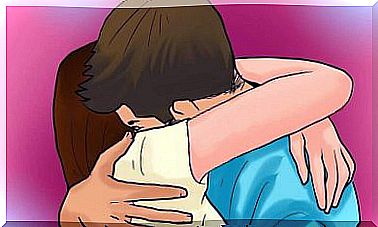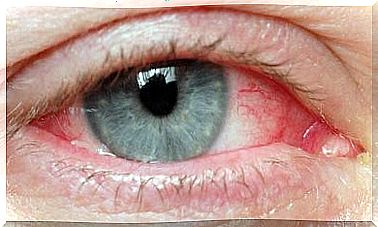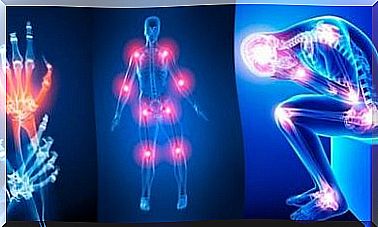What Do Intestinal Gases Say About Your Health?
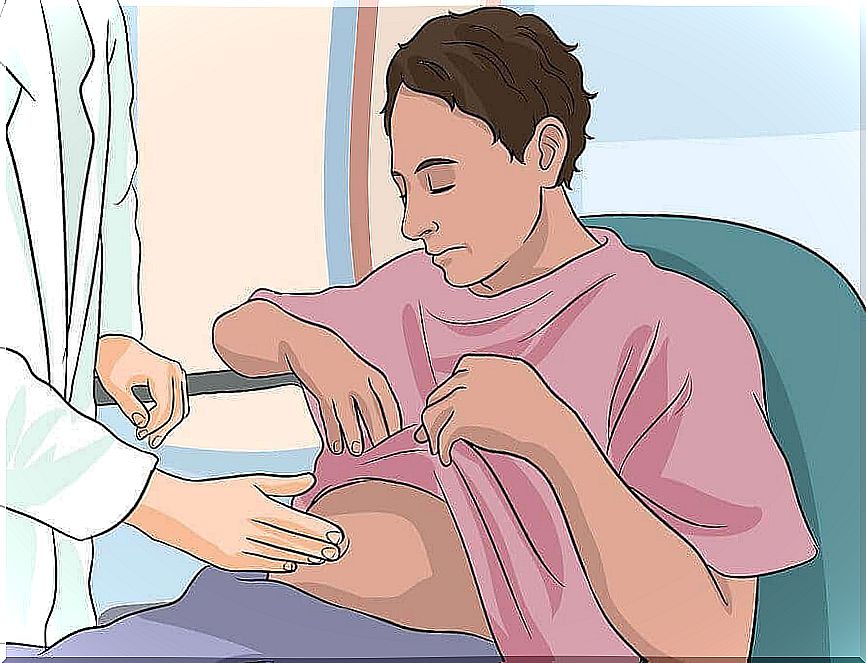
Excess air in the intestine causes abdominal distension. Bacteria from the food we eat cause intestinal gases. Without habits like having a good diet, getting some exercise and getting enough vitamins, gas will be a constant problem.
Possible causes include the following: Eating too fast, swallowing too much air when eating (for example, this often happens due to talking while eating) or due to excessive amounts of food.
Intestinal gases are not a disease, but alarm signals that tell you that something is not right in your digestive tract.
On the one hand, you can eat high amounts of sugar and cellulose. These carbohydrates cannot be easily digested or absorbed. As a result, they end up in the intestines and exit the body through the anus.
However, there are other products such as cauliflower, lentils, raisins or broccoli that give the same effect. In such cases, these gases are completely natural.
When should I be worried?

In medical terms, intestinal gases are not an indication of a serious illness. However, it would not hurt to talk to your doctor. Especially if the problem can not be controlled and it affects your daily activities. Depending on the symptoms, the medical specialist will decide the right treatment for you.
Why do I have so much air in my stomach?
There are certain habits that make the intestines more likely to release air. As previously mentioned:
- Eating fast.
- Chewing gum.
- To suck on hard candy or candy.
- To use dentures or similar.
However, the presence of intestinal gases can also affect a person’s mood. Why? Because when a person is nervous, he or she tends to swallow more air without realizing it.
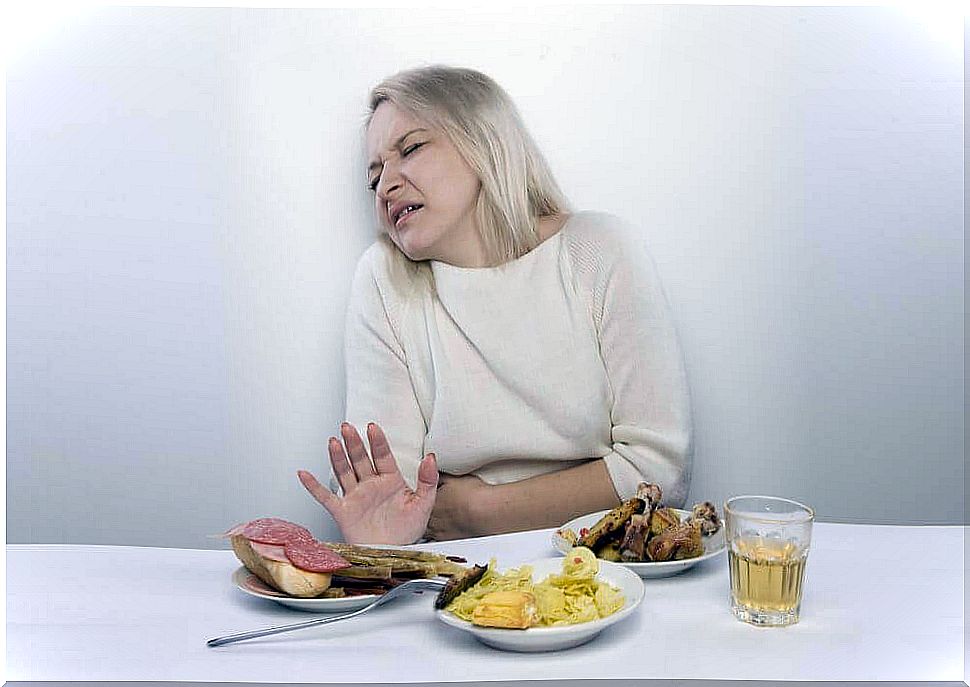
Causes
- When a person does not chew his food properly, he has trouble reaching the colon.
- When food reaches the colon, it is digested by an enormous amount of bacteria, and the more difficult this process is, the more gases result from it.
- Sweeteners, such as fructose and preservatives, take a long time to digest.
- When people do not have enough lactase to break down dairy products.
- A busy daily lifestyle causes stress and anxiety, which inevitably changes bowel function. The latter produces higher amounts of air.
- If you have constipation, gases are a reality as they are caused by blocked stools.
Prevention

Whether it is by belching or flatulence, we need to reduce intestinal gases. To reduce them, it is important to change our eating habits. Here are some recommendations:
- Avoid sucking on hard candy or candy.
- Limit your intake of pasta dishes to only once a week.
- Choose to eat ripe fruit whenever possible.
- Reduce your intake of cheese and yogurt.
- Limit the amount of tomatoes, carrots and celery in your diet.
- When preparing food, replace frying with frying in the oven and cooking.
- Do not eat foods high in sugar.
Foods You Should Avoid
- Dazzled legumes. Stay away from lentils, chickpeas and beans.
- There are certain vegetables that produce gas. Reduce your intake of: cabbage, cucumber, lettuce and broccoli.
- Flour and cereals are not good accessories for food.
- Avoid dairy products. Especially milk.
- Stay away from roe, potatoes and raw onions.
- Limit your intake of or avoid carbonated beverages altogether.
- Red wine.
Treatment of intestinal gases

Exercise is very important to improve the function of your digestive tract. It will not only reduce gas, but also pain and abdominal bloating.
However, a medical specialist may prescribe some high- probiotic supplements that give you healthy bacteria. These bacteria help with digestion.
However, if a patient experiences intense pain that recurs several times a day, the best option is to take an anti-colic drug. These substances act directly in the intestine, which causes the abdominal muscles to relax.
Do not try to treat yourself. Treating yourself can cover for the cause of the pain and prevent the really necessary treatment. When we take medication ourselves, we may think that the intestinal gases are not caused by another problem, when in reality this may not be the case.


